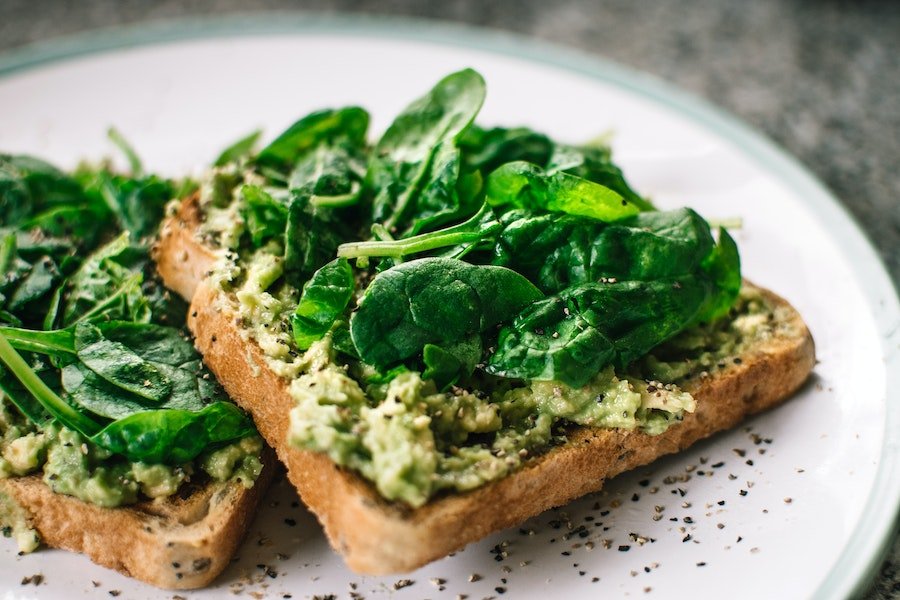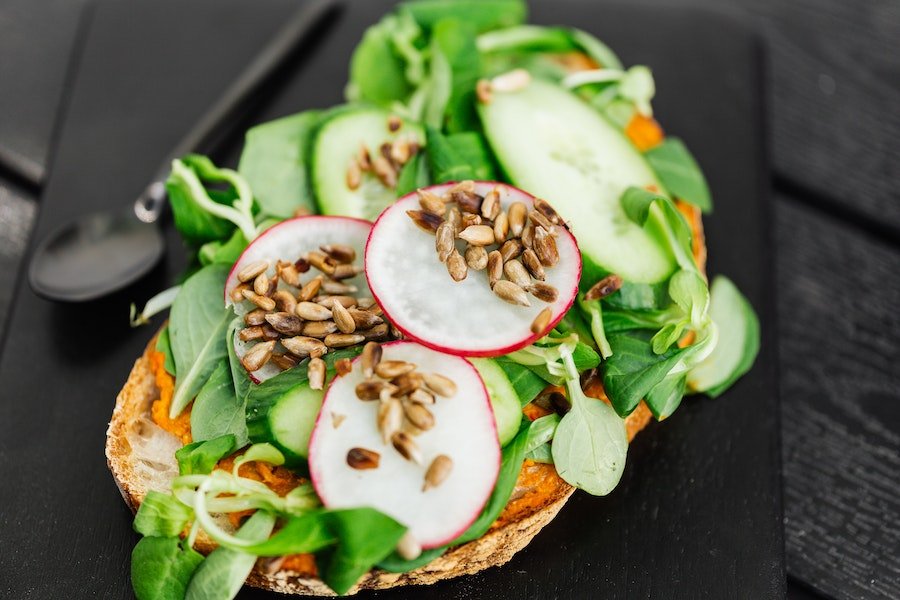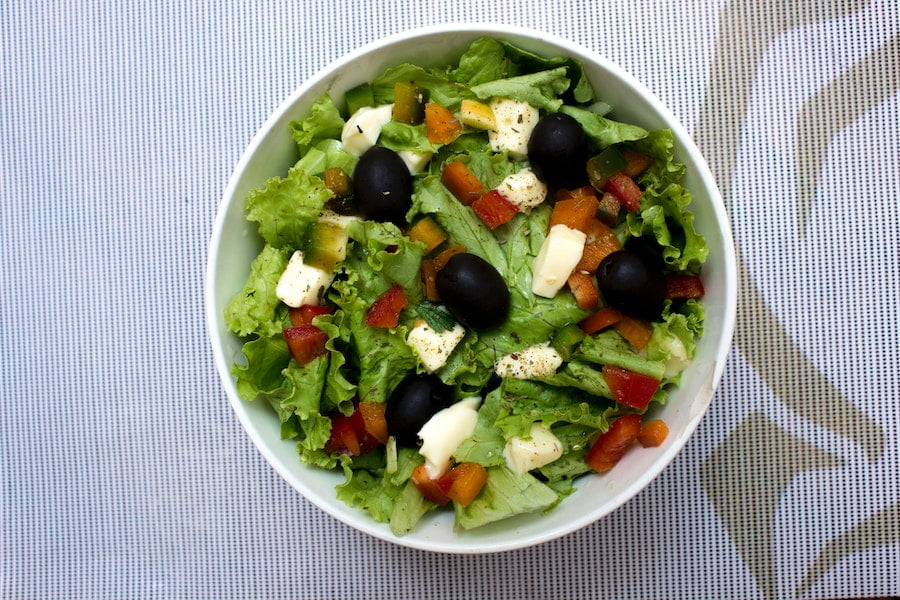For many people, the word “vegan” conjures up images of hippies and hipsters munching on tofu and kale. But the vegan lifestyle is much more than that. Veganism is a way of living that seeks to exclude, as far as possible and practical, all forms of exploitation of, and cruelty to, animals for food, clothing, or any other purpose.
So, what does that mean in practice? Well, for starters, it means no meat, fish, dairy, or eggs. Vegans also do not use honey or any other animal products. This includes things like leather, wool, and silk. Some vegans also avoid using products that have been tested on animals or contain animal-derived ingredients.
Why go vegan?

A vegan lifestyle is one that excludes all animal products, including dairy, eggs, and honey. For many people, the motivation to go vegan is compassion for animals. Others are motivated by environmental concerns or the belief that a plant-based diet is healthier. The good news is that you don’t have to be 100% perfect to make a difference. Every little bit helps! Here are some wellness tips for making the transition to a vegan lifestyle:
1. Start slowly. If going cold turkey sounds daunting, try slowly cutting out animal products from your diet. Start by eliminating meat, then dairy, and so on.
2. Educate yourself. Learn about the issues surrounding animal agriculture and the impact of your food choices on animals, the environment, and your own health. There are tons of resources available online and in libraries.
A vegan lifestyle is one that excludes all animal products, including dairy, eggs, and honey. This type of lifestyle is usually adopted for ethical reasons, as it opposes the exploitation of animals. Some people also choose to go vegan for environmental reasons, as animal agriculture is a leading cause of greenhouse gas emissions and deforestation. Others adopt a vegan diet for health reasons, as it has been linked with lower rates of heart disease, obesity, and cancer.
If you’re considering going vegan, there are many resources available to help you make the transition. Vegan websites and cookbooks can provide recipes and tips for eating a plant-based diet. There are also many support groups available online or in person where you can connect with other vegans and learn more about this lifestyle.
Diet: what do vegans eat?

A vegan lifestyle for beginners may seem daunting, but it is actually quite simple. There are many delicious vegan foods that are easy to prepare. Here are some examples of what vegans eat: Vegan breakfast options include oatmeal with fruit, pancakes, or scrambled tofu. For lunch, a vegan might have a salad with grilled vegetables, a bean burrito, or a veggie wrap.
Dinner options include lentil soup, stir-fry, or pasta with marinara sauce. Desserts such as fruits, cookies, and ice cream are also vegan-friendly. Living a vegan lifestyle has many benefits. It is environmentally friendly and sustainable, and it is also healthful. People who follow a vegan diet tend to have lower rates of obesity and chronic diseases such as heart disease and diabetes.
Recipes: easy vegan meals for beginners

If you’re new to the vegan lifestyle, cooking vegan meals from scratch can seem daunting. But with a few easy recipes, you can whip up delicious and healthy vegan meals in no time. Here are three easy vegan recipes for beginners:
1. Spicy black bean taquitos: These taquitos are packed with flavor and protein, and they’re super easy to make. Just wrap black beans, salsa, and spices in a tortilla and bake.
2. One-pot pasta primavera: This dish is light and fresh, yet filling thanks to the addition of cannellini beans. It’s also easy to make; just throw all of the ingredients into one pot and let it simmer.
3. Roasted portobello caps with quinoa: Portobello caps make a great meat replacement in this hearty dish.
Vegan lifestyle for beginners
A vegan lifestyle is one without animal products. That means no meat, poultry, fish, dairy, eggs or honey. It also excludes Animal byproducts such as gelatin and leather. A vegan diet can be nutritious and healthy, but it requires careful planning to make sure you’re getting all the right nutrients. Here are some tips for living a vegan lifestyle. Eating a vegan diet doesn’t have to be boring or restrictive.
There are plenty of delicious plant-based foods to choose from. Experiment with new recipes and ingredients to find meals that you love. You can also eat out at restaurants or order takeout that has vegan options. Living a vegan lifestyle requires more than just changing your diet. You also need to be mindful of the products you use in your everyday life.
If you’re considering transitioning to a vegan lifestyle, you might be wondering where to start. Here are a few tips to help you make the switch. First, do your research. There’s a lot of information out there about veganism, and it’s important to learn as much as you can before making any changes.
Talk to friends or family who are already vegan, read books and articles, and explore websites and blogs. Second, take things slowly. You don’t have to go vegan overnight. Start by cutting out meat and dairy, and gradually add more plant-based foods into your diet. Experiment with different recipes and find foods that you enjoy eating. Finally, be prepared for some challenges. Veganism isn’t always easy, but it’s worth it.

